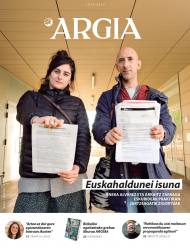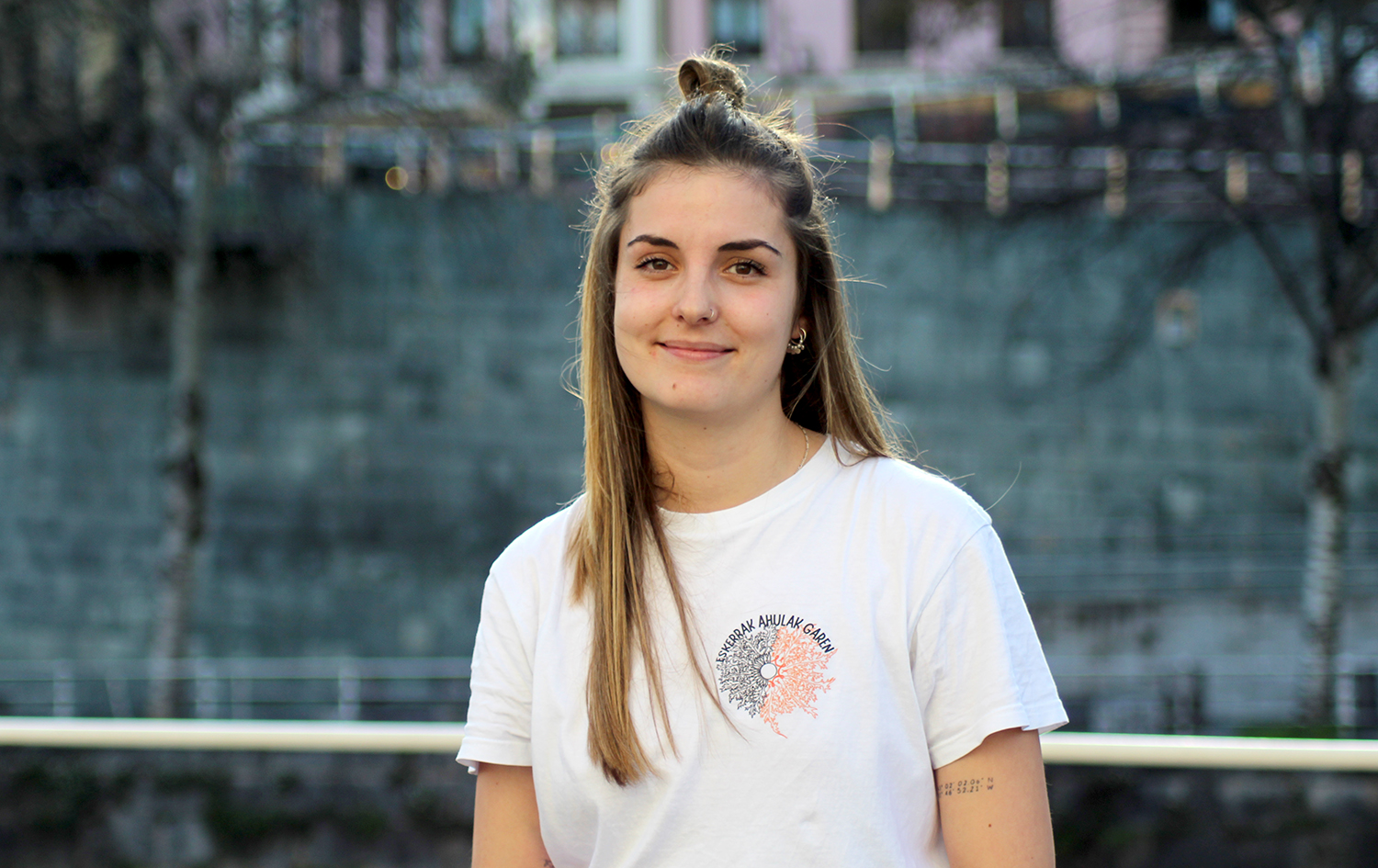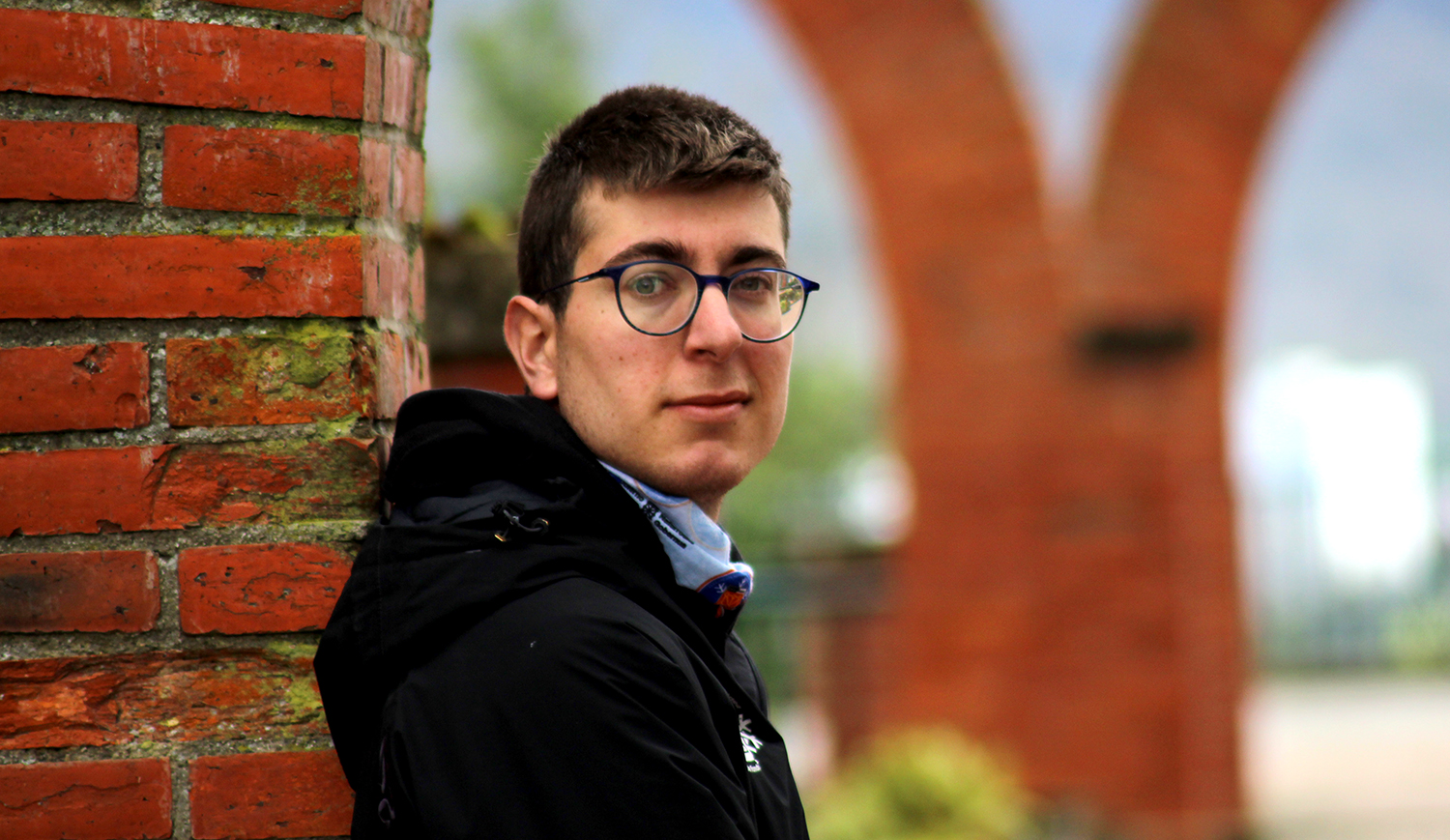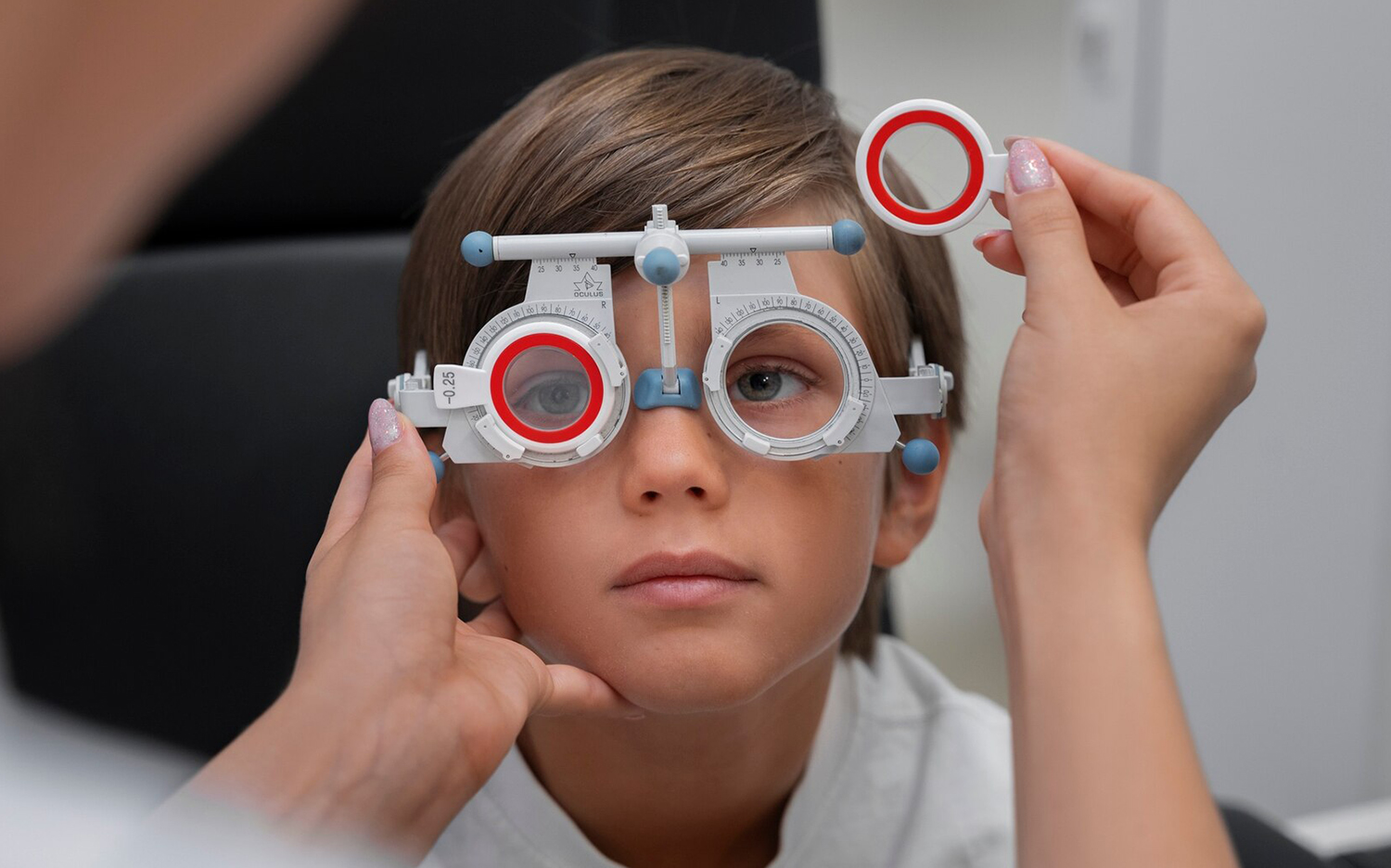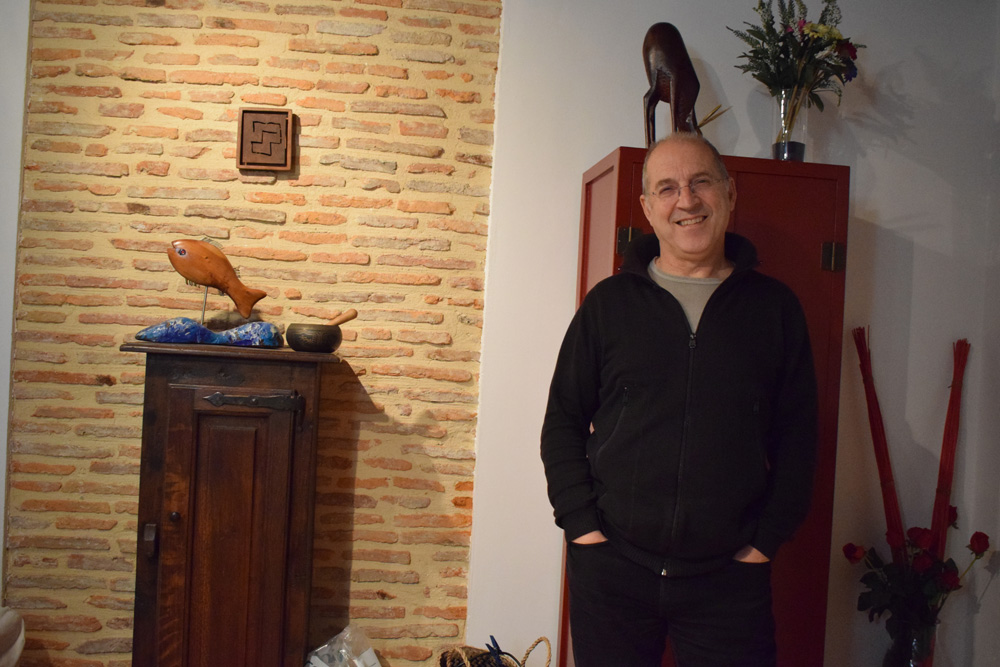
Cancer is a single word, but it has a thousand branches and experiences. Imanol Irizar Intxausti spent 13 years ago when he was diagnosed with lymphoma: “I was physically fine, but one day I had a tremendous bite on the side. It's complex. This kind of lymphoma has hardly any symptoms, but it's developing. The most amazing thing was that I was in full health.”
The diagnosis was difficult. He was then working in the United States at the age of 48. The result of the tests and tests carried out in the private health network was known by the Foral Police. It was around May 2006 that he was notified of the disease and decided to return immediately to the Basque Country. “I needed that emotional support: the house, the family, the friends and the need for the environment.” But here he had to resume the process: X-rays, scanners, biopsy, stings... Finally, they checked what type of lymphoma it was and what was developed and began to give specific treatment. “Chemo sessions, dosages suitable for horses. Once a month I went to the hospital and spent all day there. I was punctured and within a month I had to answer that, what I needed to administer the next dose. The body is completely poisoned.” In the case of Irizar, the process lasted six months and responded to the treatment, “defeated” but overcome.
Mango of life
The diagnosis was accurate and the treatment as well. He recognized that he was not seeking any alternative, but that he followed the path of doctors “with conviction and confidence,” he added. However, it was clear from the outset that it was not only doctors: “By then I already had a text as a reference to the topic: The doctor told me I have cancer, by Joxe Aranzabal. But this time it was different: I too have been told that I have cancer.” In this regard, he stressed that this text "helped him to locate" in the same place.
The first impression was that he should have brought about changes in his life: “Don’t think that cancer has touched you, that doctors cure you and that you are going to make life as before. Not at all. If I leave here, how am I going to live life?” He encouraged him to take an active attitude to the situation and that keeps Irizar very happy. “I opened some roads during the treatment, which I have then maintained.” He told us that he worked mainly on issues such as food, physical exercise, the burden of work and the inner world. He became aware of what we eat and drove a consumer group in Pasai Donibane. The return to the mountains began to take place frequently and to systematically carry the minimum daily exercise. It reduced the workload by 20 percent, appropriated the energy that dissipates and took the work out of the foreground of life. And to get to know the inside, Chi Kung started testing the technique. “I will never know to what extent this has influenced the results. But I'm sure they've had a good influence. As a person, I also feel very good.”
The disease has allowed him to change his life. Also to live death naturally. “We haven’t been educated for that,” he says. He feels that he has taken the step of approaching several people who were “in the last phase”, rather than moving away from them: “I don’t run away, I get closer.”
So what is the presence of death? “The point of view of life necessarily changes. I attach great importance to life. Laboa says: “Life is the biggest thing, I could lose everything.”
Many Basque feminists have been disappointed to learn that writer Chimamanda Ngozi Adichie has externalized pregnancy, meaning that a surrogate has fertilized her baby for money.Adichie is the author of the essay We should all be feminists, among others. They have ignored the... [+]
Indartsua, irribarretsua eta oso langilea. Helburu pila bat ditu esku artean, eta ideia bat okurritzen zaionean buru-belarri aritzen da horretan. Horiek dira Ainhoa Jungitu (Urduña, Bizkaia, 1998) deskribatzen duten zenbait ezaugarri. 2023an esklerosi anizkoitza... [+]
Orain arte desgaituak ez diren pertsonekin lehiatu da Uharteko Ipar Eski Taldeko Eneko Leyun eskiatzailea (Iruñea, 1998). 2024-2025 denboraldian, lehenengo aldiz parte hartu du Adimen Urritasuna duten Pertsonentzako Iraupeneko Eskiko Espainiako Txapelketan. Urrezko... [+]
Pertsona lodiek lodiak izateagatik bizi izan duten eta bizi duten indarkeriaren inguruan teorizatzeko espazio bat sortzea du helburu ‘Nadie hablará de nosotras’ podcastak. Cristina de Tena (Madril, 1990) eta Lara Gil (Fuenlabrada, Espainia, 1988) aktibista... [+]
Gazteagotan baino lotsa handiagoa dauka, baina horrek ez dio saltsa askotan ibiltzeko gogoa kentzen Leire Zabalza Santestebani (Iruñea, 1990). Beste gauza askoren artean, Motxila 21 musika taldeko kidea da. Nabarmendu du musika gauza asko aldarrikatzeko bide izan... [+]
Miopia gero eta gehiago eta gero eta lehenago ari da garatzen, eta horren arriskua da dioptriak gehitzen joatea eta helduaroan begiari lotutako hainbat gaitz izateko aukerak dezente handitzea. “Eguzki-argia jasotzea inportantea da, eta denbora asko ez igarotzea oso gertu... [+]
Istorioetan murgildu eta munduak eraikitzea gustuko du Iosune de Goñi García argazkilari, idazle eta itzultzaileak (Burlata, Nafarroa, 1993). Zaurietatik, gorputzetik eta minetik sortzen du askotan. Desgaitua eta gaixo kronikoa da, eta artea erabiltzen du... [+]
This wedge that the announcement on the radio Euskadi to replace the bathtub with a shower encourages the commencement of the works in the bathroom of the house. A simple work, a small investiture and a great change are announced. There has been a shift in toilet trends and a... [+]







